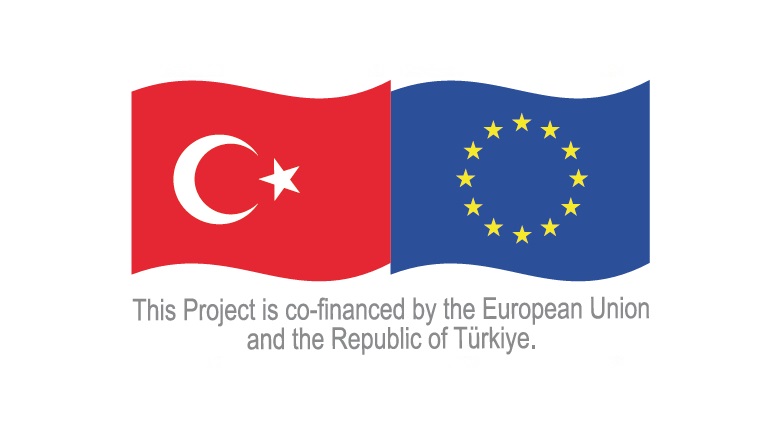Project
Elimination of the Child Labour in Seasonal Agriculture

Project Overview
The overall objective of this Action is to contribute to elimination of the worst forms of child labour in seasonal agriculture.




Project Outcomes
Outcome 1: Working/at-risk children are withdrawn or prevented from work in seasonal agriculture; families, employers, agriculture intermediaries and village heads abstain from or take action to combat child labourOutcome 2: MoLSS, workers’ and employers’ organisations, gendarmerie, NGOs take coordinated action for policy development and implementation to eliminate the WFCL
Outcome 3: Willingness among general public and target groups for eliminating child labour in seasonal agriculture is enhanced

Outcome 5: Coordination and cooperation between stakeholders in areas of implementation and management of child labour interventions at national and local level is strengthened

Results:
- On-site education, guidance, counselling, and rehabilitation services were provided to 12.000 children.
- 2.000 family members of the working/at-risk children in seasonal agriculture were referred to vocational and generic training programmes to improve life and occupational skills.
- Trainings on the negative aspects of child labour in seasonal agriculture and related legislation were provided to 200 agriculture intermediaries, 500 employers and 200 village heads.
- 12.000 children were equipped and living conditions of seasonal agricultural families in settlement areas were improved.
- Central and local capacity of MoLSS were improved in the field of planning, managing, coordinating, implementing, and monitoring for the elimination of WFCL.
- Capacities of gendarmerie and NGOs were improved in combatting child labour.
- Child Labour Monitoring (CLM) and Tracking System was established and existing e-METIP system was improved
- A communication campaign was developed and implemented towards public, children, families, employers, decision-makers, school principals, teachers, intermediaries, and media.
- Scientific and technical studies were carried out for the assessment of child labour, its causes, consequences, and review of good practices as well as developing policy recommendations on the elimination of child labour and improving living and working conditions in seasonal agriculture.
- A cross sectoral working groups were established to map existing child labour reporting mechanisms, identify adverse incentives, and recommend effective enforcement mechanisms at each point in the agricultural production supply chain.
- Meetings and field visits were taken place to ensure efficient coordination and cooperation among relevant field teams and stakeholders.

Target Groups
- Children working as seasonal agricultural workers in the region of permanent residence
- Children participating in seasonal agricultural migration together with their families and working as seasonal migrant agricultural workers
- Children participating in seasonal agricultural migration together with their families and working in the house/tent,
- Children participating in seasonal agricultural migration together with their families but not working,
- Family members of the children in seasonal agriculture,
- Representatives of agricultural production supply chain (such as farmers, intermediaries and employers/garden owners) in the selected provinces,
- Village heads, imams, representatives of the local media in selected provinces,
- School principals and teachers in selected provinces,
- Central and local staff of MoLSS as well as local authorities,
- Staff of relevant public institutions at local and national level,
- Staff of relevant social partners,
- Staff of relevant NGOs


Project Provinces:
Şanlıurfa, Mardin, Adıyaman, Diyarbakır, Adana, Mersin, Hatay, İzmir, Manisa, Ankara, Eskişehir, Konya, Malatya, Ordu, Bursa and Düzce.Donor
European Union (EU), IPA IIDuration
1 October 2020 – 31 January 2024 (40 months) </</
</</